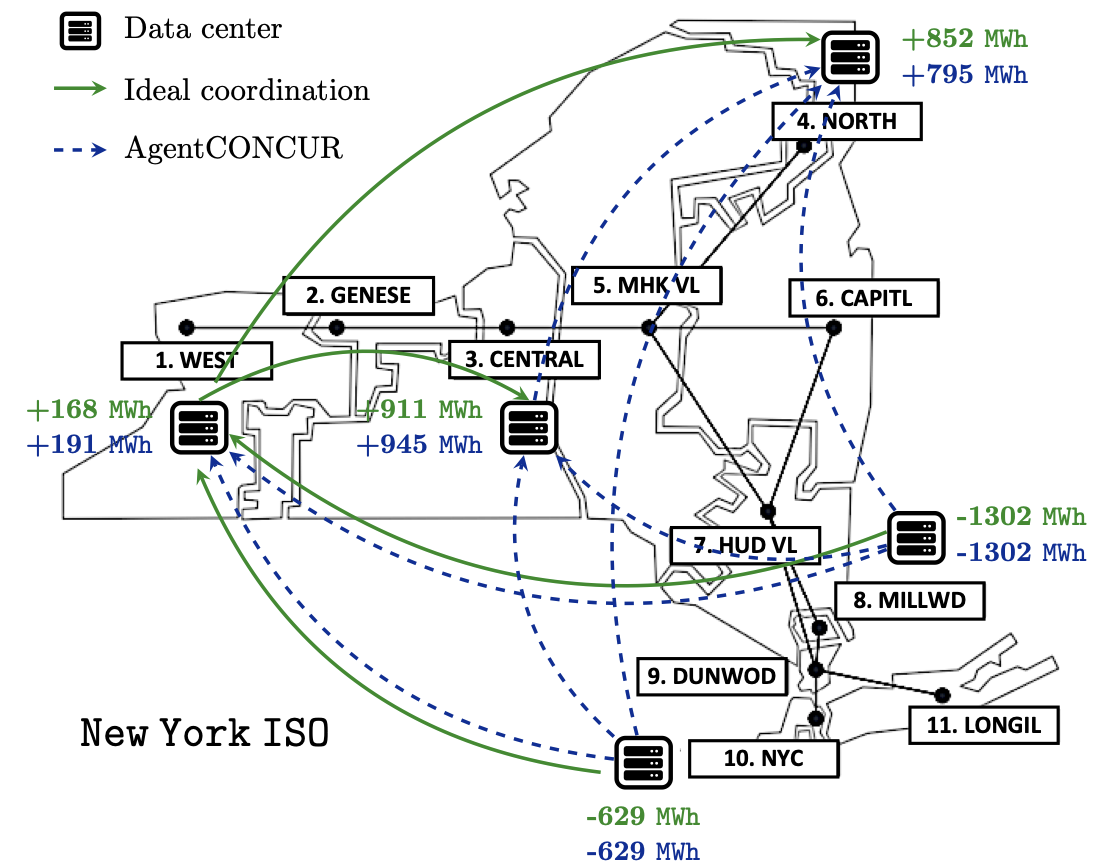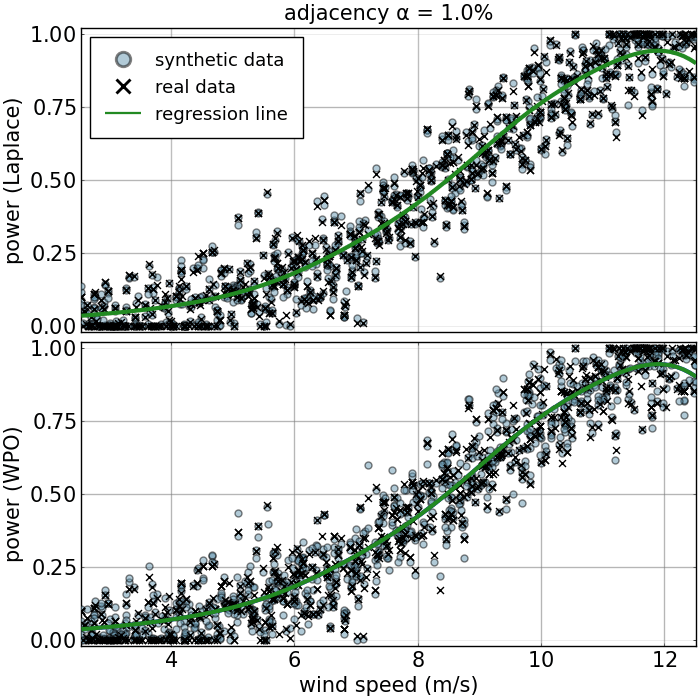⏻ptiML
/ˈɑp·tə·məl/
Optimizing energy. Empowering society.
The OptiML group develops algorithmic innovations to facilitate the transition of the electric power and energy systems to a data-centric and renewable-dominated industry. In our work, we identify challenges faced by system operators and market actors and approach them as algorithmic problems. We bring the full force of mathematical optimization and machine learning to solve these problems efficiently, thereby rethinking the conventional methods in addressing the energy transition. Our ambition is to offer a new energy system landscape with distributed decision-making (e.g., with less data and computational costs), new forms of customer engagement (e.g., DER integration), new data-enabled revenue streams, and new standards for data utilization and transparency.
By virtue of mathematical optimization, we pursue global optimality and offer performance guarantees in decision-making, yielding substantial economic savings, security gains, and more efficient prices. We integrate machine learning models into optimization algorithms to improve the accuracy of operational models and, vice versa, we leverage optimization to guide machine learning models towards better and fairer predictions. We leverage optimization to formally guarantee privacy when operationalizing sensitive energy data, and we improve data transparency through privacy-preserving data generation.


Join us!
For prospective students: I will be hiring PhD students for Fall 2026 via the ECE admission pool. Please see application guidelines here. In your application, be sure to state my name and mark ‘Power/Energy’ as the area of interest.
I encourage students with backgrounds in electrical engineering, mathematics (either theoretical or applied), operations research, and computer science to apply. I welcome students who may have little or no knowledge of power systems but are willing to apply their background to tackle challenging power engineering problems. I have found that, at times, it is more efficient to teach an engineering discipline to students with backgrounds in mathematics, computer science, or operations research than the other way around.
Please feel free to send me an email (mylastname@umich.edu) with the subject “Student Application Fall 2026 - Your Name”, stating your interests and how you would contribute to the group. Make sure to attach your CV and any relevant materials. Your patience is appreciated: if you do not receive a response, it is always a good idea to try again next season.
Some helpful resources:
- Relevant conference proceedings (CDC, PSCC, L4DC, CCAI, E-Energy)
- Relevant journal issues (CONES, TPWRS, TSG, TEMPR, OR, MS, …)
- Archives of relevant seminar and lecture series (e.g., enOPTIMAL, Control Meets Learning, NeEDS, DTU Summer School, …).
- Fellowships for US nationals (e.g., NSF Graduate Research Fellowship) and foreign nationals (e.g., Europe, Norway, Germany, …). A comprehensive list from the Scholarships & Fellowships Office to support graduate-level study and research.
